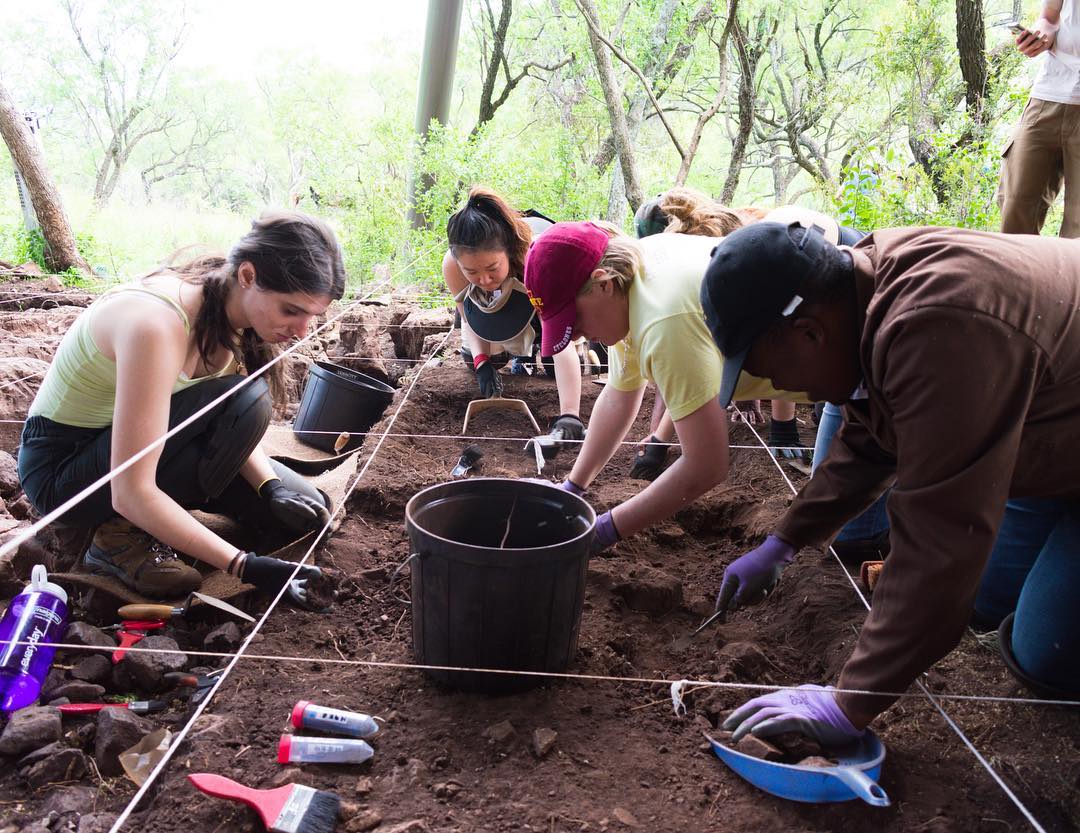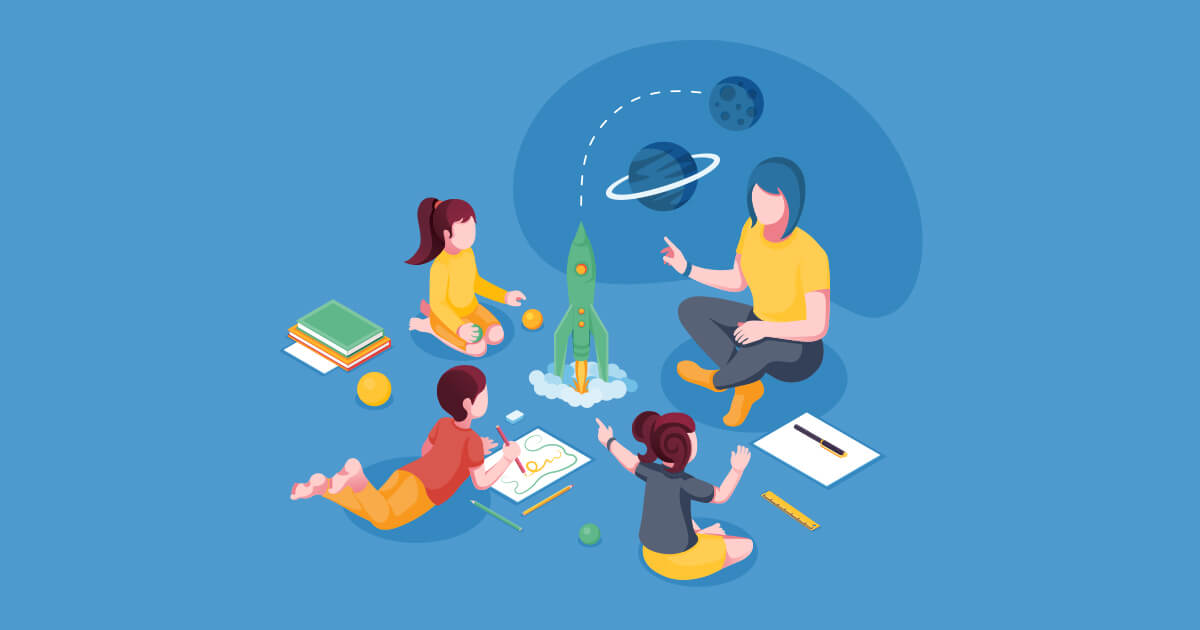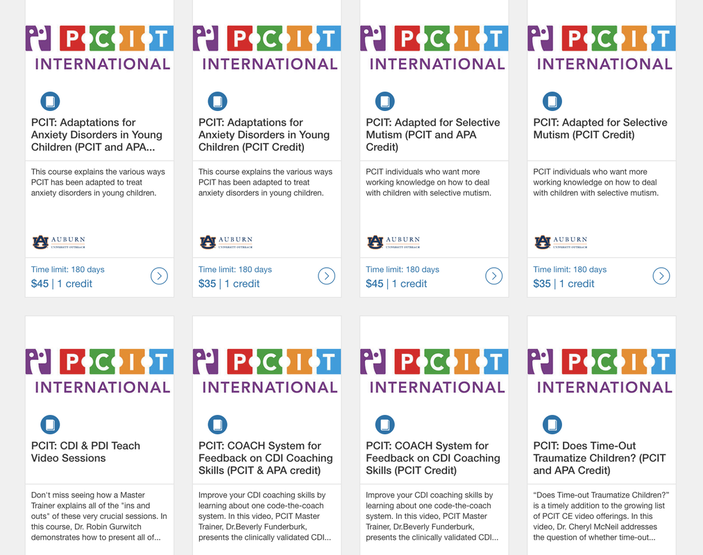
Immersive Learning Journeys: Experiential Opportunities for Growth
In the dynamic realm of education, experiential learning opportunities stand as a beacon for fostering deeper understanding, critical thinking, and personal growth. These hands-on experiences go beyond traditional classroom settings, providing students with real-world scenarios that enhance their skills and prepare them for the challenges of the future.
Interactive Learning Environments
Experiential learning opportunities create interactive environments that transcend the confines of textbooks and lectures. Through hands-on activities, simulations, and real-world projects, students actively engage with the subject matter, leading to a more profound comprehension of concepts. This interactive approach sparks curiosity and nurtures a love for learning.
Real-World Application of Knowledge
One of the primary advantages of experiential learning is the direct application of knowledge to real-world situations. Whether through internships, fieldwork, or collaborative projects, students have the chance to apply theoretical concepts to practical scenarios. This bridge between theory and application fosters a deeper understanding of how knowledge is utilized in professional settings.
Enhancing Critical Thinking Skills
Experiential learning challenges students to think critically and solve problems in real-time. By encountering authentic challenges, students develop analytical skills, creativity, and the ability to adapt to unforeseen circumstances. These experiences not only enrich their academic journey but also prepare them for the complexities of the rapidly evolving global landscape.
Building Collaboration and Communication Skills
Collaboration and communication are integral skills in both academic and professional settings. Experiential learning opportunities often involve group projects, teamwork, and interaction with diverse peers. Through these experiences, students hone their collaborative and communication skills, preparing them for the collaborative nature of modern workplaces.
Fostering a Growth Mindset
Experiential learning encourages the development of a growth mindset – the belief that abilities and intelligence can be developed through dedication and hard work. By facing challenges and learning from experiences, students cultivate resilience, adaptability, and a positive attitude toward overcoming obstacles. This mindset is invaluable in navigating the uncertainties of the future.
Cultivating Emotional Intelligence
Beyond academic knowledge, experiential learning provides opportunities to cultivate emotional intelligence. Interpersonal interactions, feedback, and self-reflection during experiential activities contribute to the development of empathy, self-awareness, and social skills. These qualities are crucial in building strong interpersonal relationships in both personal and professional spheres.
Preparing for Career Readiness
Experiential learning is a key component in preparing students for career readiness. Internships, apprenticeships, and hands-on projects offer a taste of the professional world, allowing students to explore their interests and gain practical skills. This exposure contributes to a smoother transition from academia to the workforce.
Connecting Theory to Practice
Experiential learning bridges the gap between theoretical knowledge and practical application. It provides students with insights into the real-world implications of their academic studies, helping them see the relevance of what they learn in the classroom to actual professional scenarios. This connection fosters a more holistic and integrated approach to learning.
Life-Long Learning Mindset
Experiential learning instills a life-long learning mindset by emphasizing the importance of continuous growth and development. By experiencing various aspects of their chosen field, students are inspired to pursue further knowledge and stay updated with evolving industry trends. This commitment to continuous learning is a valuable asset in today’s fast-paced, ever-changing world.
Linking Experiential Learning Opportunities
Explore the transformative impact of Experiential Learning Opportunities and discover how hands-on experiences shape well-rounded individuals ready to tackle the challenges of the future. From fostering critical thinking to building emotional intelligence, this comprehensive resource provides insights into the positive outcomes of embracing experiential learning in education.
In conclusion, experiential learning opportunities are not merely supplemental; they are a cornerstone in the educational journey, providing students with the skills and mindset needed for success in both their academic pursuits and future careers. As education evolves, the integration of experiential learning remains a powerful catalyst for holistic development and lifelong learning.



